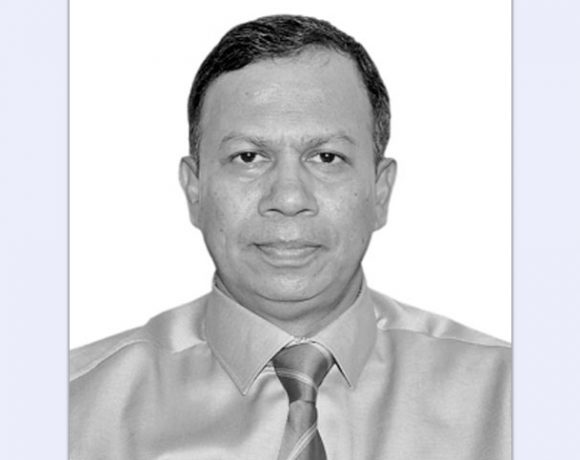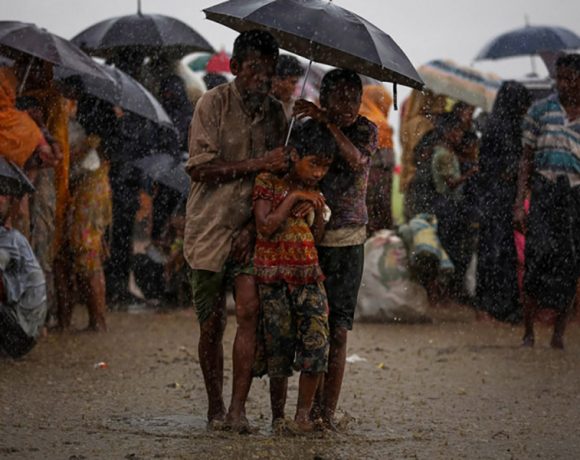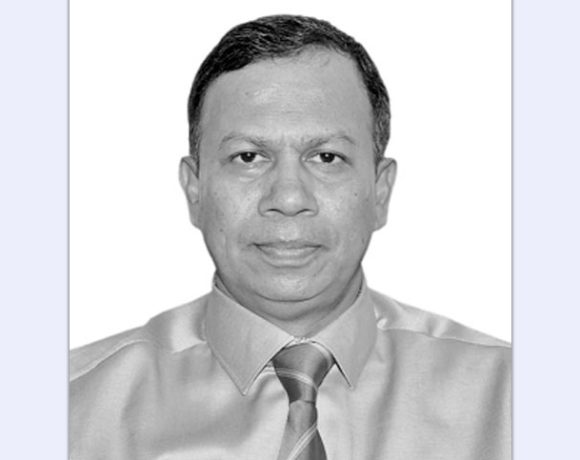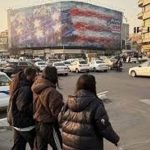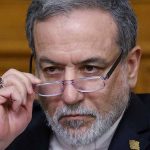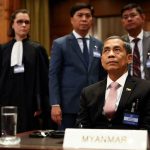Vienna Convention and Diplomatic Practice
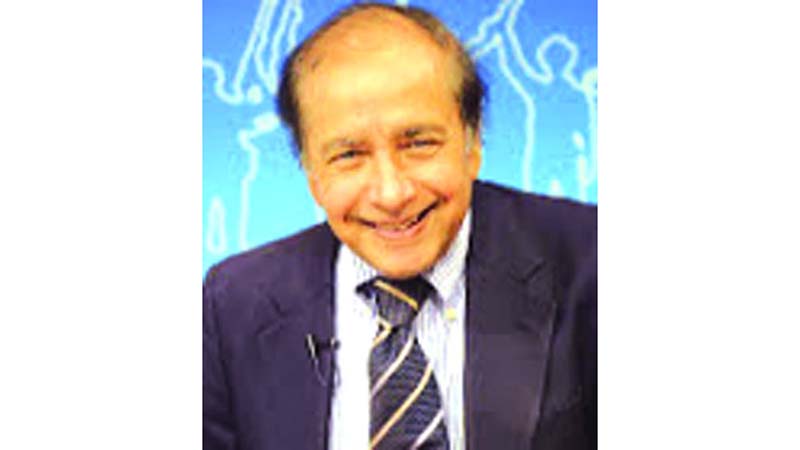
WALIUR RAHMAN
“An Ambassador should be a trained theologian, should be well-versed in Aristotle and Plato, and should be able at a moment’s notice to solve the most abstruse problems in correct dialectical form: he should also be expert in mathematics, architecture, music, physics and civil and canon law.”
—Ottaviano Maggi (1596)
The 1961 Vienna Convention on Diplomatic Relations outlines the rules of diplomatic law and codifies the rules for the exchange and treatment of envoys between states, which have been firmly established in customary law for hundreds of years. As is stated in the preamble of the Convention, the rules are intended to facilitate the development of friendly relations among nations, irrespective of their differing constitutional and social systems.
The Convention requires diplomats to obey local laws. Article 41 paragraph 1 of the Vienna Convention on Diplomatic Relations states in unequivocal terms: “Without prejudice to their privileges and immunities, it is the duty of all persons enjoying such privileges and immunities to respect the laws and regulations of the receiving state. They also have a duty not to interfere in the internal affairs of that state.” It reminds diplomats to respect the laws and regulations of the receiving state and unequivocally restricts them from meddling in that nation’s domestic affairs.
Diplomats are privileged, and the Vienna Convention on Diplomatic Relations exempts them from legal action, taxation, and a host of other things in the host country, but restricts them unequivocally, by the provisions of Article 41 paragraph 1, from interfering in the internal affairs of the host country.
In addition, the Charter of United Nations and the International Court of Justice reaffirmed non-intervention as a norm of customary international law. The principle of non-intervention in the internal affairs of States also signifies that a State should not otherwise intervene in a dictatorial way in the internal affairs of other States.
A number of foreign diplomats in Dhaka have been discussing about our internal affairs for quite some time now. It is observed that diplomats have been publicly commenting in front of the media on the fairness and environment for voting in the upcoming elections, which in no way fall under the purview of traditional diplomacy.
Some nations and their diplomats based in Dhaka have chosen to disregard the fact that Bangladesh’s democracy has grown and that the majority of the population wants peace and prosperity for the region. But when they criticize Bangladesh’s democratic elections, high level of development, and commitment to human rights and freedoms, they appear as “preachers of democracy,” which only serves to highlight their attempt to destabilize our nation and halt Bangladesh’s progress toward achieving an honorable reputation on the global stage.
The tendency of foreign diplomats to intervene in developing countries is not a new development in international politics. Rather, it is a persistent issue that has repeatedly resurfaced throughout history. Bangladesh, which gained independence in 1971 after a bloody Liberation War, struggled to build solid democratic foundations. Just three and half years after Bangladesh’s independence, Bangabandhu Sheikh Mujibur Rahman was assassinated, throwing the newly-born nation into a political dilemma. The battle for power among various groups in the following years provoked foreign diplomats to meddle overtly or covertly in the country’s national affairs. Even though the picture of such intervention has significantly changed, it cannot be said that it is over.
Diplomats attempt to establish themselves as a means of solving problems in the name of election-centred compromise, opening the door to entering into the country’s national politics. They try to use democracy and human rights as effective tools to interfere in the internal affairs of emerging countries to advance their foreign policy.
Vienna Convention on Diplomatic Relations – Done at Vienna on 18 April 1961
Diplomats must realise that their more than frequent press and media appearances and meetings with host government officials and politicians on issues of the country’s internal affairs and politics give rise to beliefs and perceptions in the public mind that are incorrect, and could even adversely affect their bilateral relations with Bangladesh while in no way helping to improve our politics or governance. They should also realise that no other capital would allow such violation of the Vienna Convention.
A diplomatic representative is a symbol of the bilateral relationship between two states. The function of a diplomat is “protecting friendly relations between the sending State and the receiving State and developing their economic, cultural and scientific relations” (Article 3.e. Vienna Convention). While it is a priority of diplomats to win the “hearts and minds” of the local populace, there is regrettably a rising trend for diplomats to misuse their status.
In any democratic country, an ambassador can certainly go to the high echelons of the government, meet the leaders of the opposition parties, or talk with civil society and express his government’s specific concerns. But it is wrong and inappropriate when they meet with them in relation to the host country’s domestic political issue.
Diplomacy is an art whose purpose is to develop and diversify relationships, encourage cooperation, promote trade and investment, avoid conflicts, and thereby achieve mutual benefit. Effective and skillful diplomacy is vital to navigating an ever-growing list of common challenges like the economic crisis, climate change, pandemics, transnational terrorism, and the arms race that could spell doom if left unresolved.
Diplomacy is an art that bears the best fruit when conducted with discretion and outside media glare. It can, as it is doing in Bangladesh, spoil good intent when conducted in the press and media. The bottom line, Vienna Convention and all the rest notwithstanding, is that diplomats in Bangladesh should keep their views about internal affairs to themselves, and if their good intentions get the better of them they should convey these views discreetly to their hosts.
Chancellor Metternich once complained that he ruled the whole of Europe but not Austria. By saying so, Metternich was capsuling in is own inimitable way the strength and limitation, ‘a la fois’ of diplomacy. A diplomat-politician par excellence, Metternich played a pivotal role to help maintain the balance of power in a war torn Continent.
It has been said that without the Austrian Chancellor there would have been no Congress of Vienna. Polemics apart, one can hardly deny the influence of the superb skill and personal diplomacy of Metternich in successfully concluding the colloquium of this ‘motley crowd’ at Vienna in 1815.
It may be too dangerous to set standards in diplomacy. Power alignments change, so do the socio-eco-geo political compulsions of Nation-states. But certain finer aspects of protocol, demeanours, accoutrements have emerged over the years which are almost identified with what diplomacy stands for. For Example, in the 17th Century the chief diplomat of French King Louis XIV, Francois de Callier’s recommended, the diplomat-negotiator must posses the patience of a watchmaker and be devoid of personal prejudices. Watchmakers are not necessarily diplomats (let alone good). But the point is well made by the French King’s Chief negotiator. Again Francois de Calliers was not so kind with lawyer-diplomats. Ho believed in general, the training of a lawyer breeds habits and dispositions of mind which are not favourable to the practice. of diplomacy. One may not agree whit this because a prior condition to successful diplomacy pre-sup-poses that a diplomat- negotiator ‘should be endowed whit what E.M. Forster called “three dimensional qualities”. Must a lawyer be devoid of these attributes?
“Open diplomacy openly arrived at” was the Wilsonian vision after the First World War. But times have changed. Although one may not necessarily accept what an expert said, ‘Sincere diplomacy is no more possible than dry water or wooden air’, one reads with considerable sympathy what Nicolson said, “The theory that diplomacy should proceed always frankly and in the public view has led to negotiation but broadcast and televised, and at all national discussion being abandoned in favour of interminable propaganda speeches.
A noted French Envoy to the United States earlier this century, Monsieur Jules Combon wrote, “The day secretary is abolished, negotiation of any kind becomes impossible.”
Monsieur Phillippeed Commynes, the negotiator of Lous XI thought two great princes who wish to establish good personal relations should never meet face to face. It sounds ironical if one takes a cursory view of the canvas of diplomacy from Metternich (Congress of Vienna) to Wilson (Versailles) and then onwards to the present day summitries and super-summitries.
Ivan Maisky, the noted Soviet Diplomat to the Court of St. James during World War H, in his book written on his war-time experiences’ gives interesting insight into the challenges and recompenses of a functioning diplomat.
The three great Victorian Ministers—Castlereagh, Canning and Palmerston, who raised the quality of diplomatic practice to a place of importance and excellence left imperishable foot-print on modern day diplomacy. Palmerston is reported to have said, “The life 1 lead is like that of a man who on getting out of bed every morning should be caught up by the ends of the arms of a windmill and whitled round and round till he was again deposited at night to rest ! Not very enviable, but the modern day Palmerston would not have a very different story to tell either. When Arthur Ponsonby, the British diplomat, was presenting his 27-page memorandum to Thomas Sanderson in October 1900, he was not only ventilating the possible disappointments and frustrations in the conduct of diplomatic activities, he also underlined the vital importance of diplomacy – its three dimensional utility in a world of warring homo-sapiens. Heard melodies are sweet, but those unheard sweeter-this verse could perhaps have better been dedicated to the art of diplomacy rather than the Grecian Urn.
Waliur Rahman, Former Special Envoy of the Prime Minister of Bangladesh

